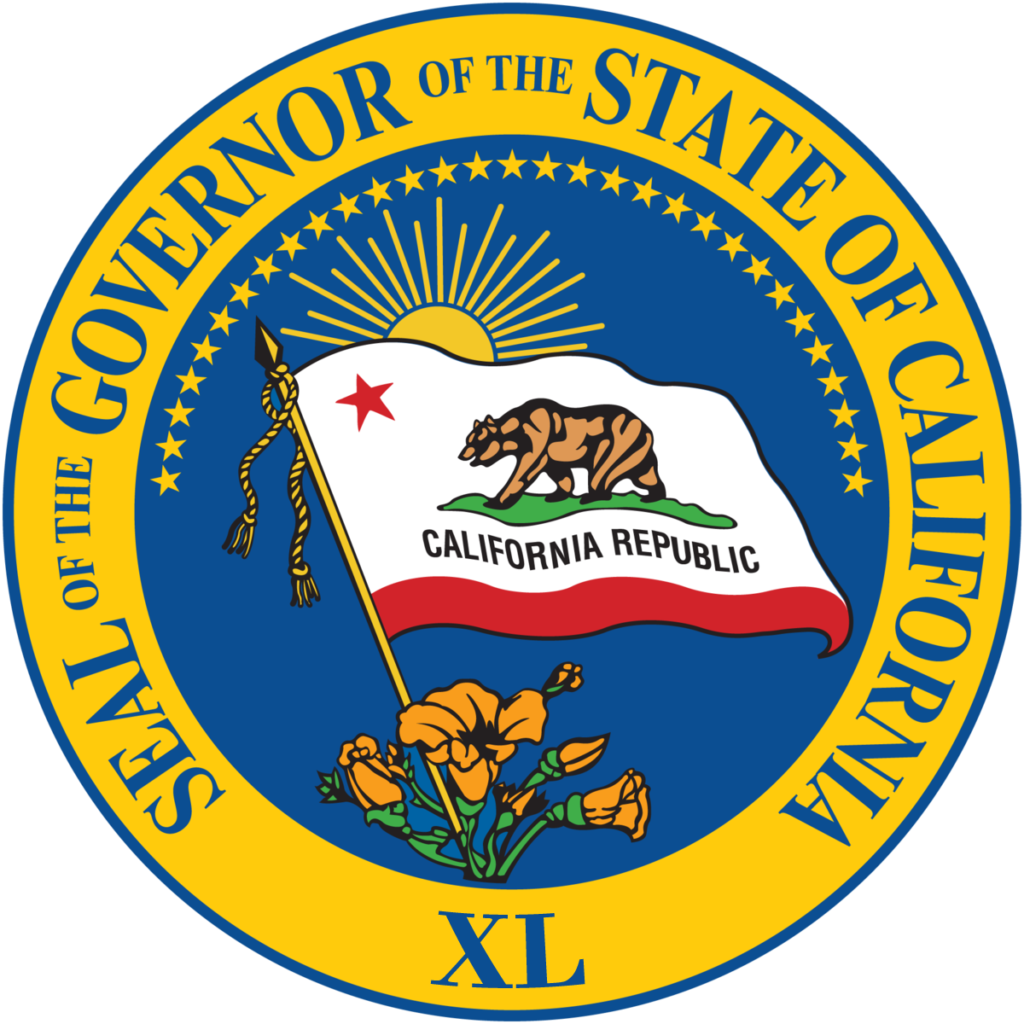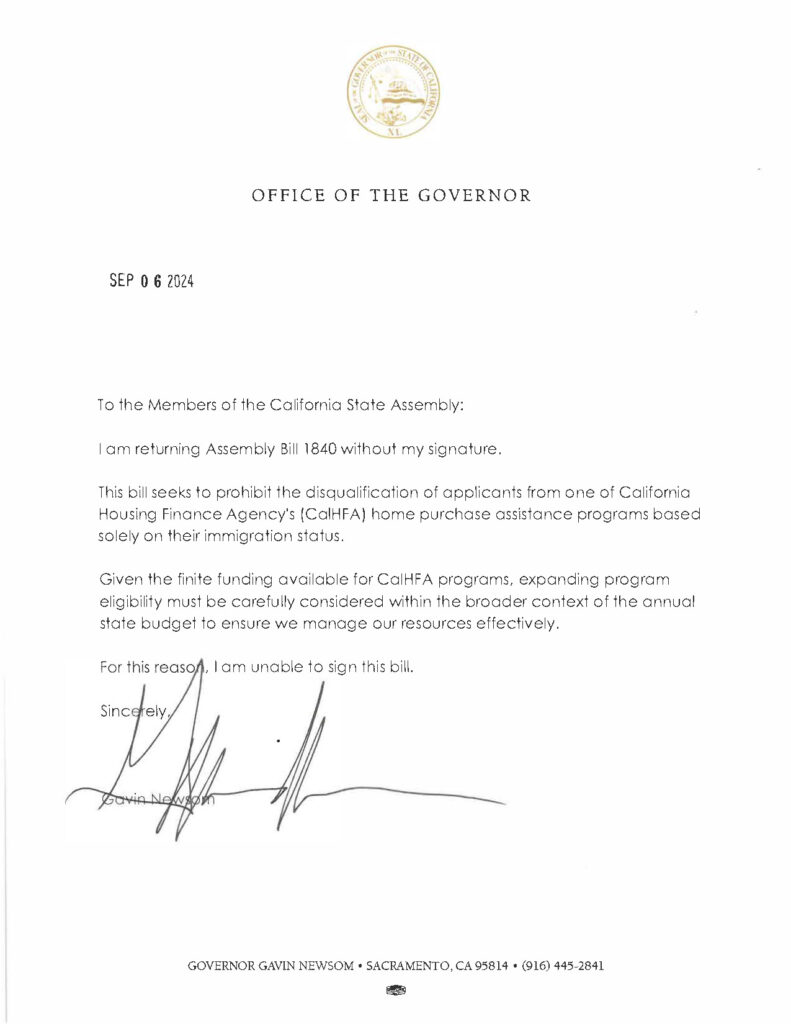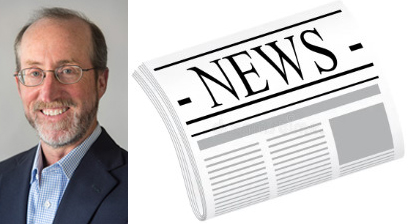Garbage police audit Antioch residents who could face fines
Saturday, November 16th, 2024
Began January 2024 following 2016 state law to “address climate change impacts” from Methane, other greenhouse gases
“There have not been any contamination charges or citations issued for residential service at this point. Beginning in 2025, we will be working in conjunction with the City Attorney and Code Enforcement regarding city action to achieve compliance…” – City Manager Bessie Scott
Learn what goes in which bin
By Allen D. Payton
An Antioch resident who contacted the Herald last week, but chose not to be identified, wrote, “thought everyone should know that the City of Antioch has hired Auditors from Republic Services (the City’s garbage collection company) to inspect, take pics, and tag recycle, garbage, yard bins that do not have the correct items. Yesterday morning I woke to a lady auditing my neighborhood and tagging with an informational “oops” tag of bins with wrong items. The lady said she will be back in 60 days to inspect bins again and at that time if items are not placed correctly a ticket with a fine will be given to the household.
I have pictures. I spoke to the Republic Services auditor she was very informative, very nice, and my can happened to be correct (from what she saw) but, almost all my neighbors got tagged and no one knew about this….
I don’t know if this is a kind of story you do, but I just thought our city should be aware…..
I’m not sure how the fines and hiring an auditor works, but I thought the city council should hire someone to clean the garbage laying around our as opposed to tagging & fining residents
Maybe there is more behind this, I’m not sure… but all my neighbors were upset…. A lot of us don’t really understand how to properly dispose of items ….
Like for example we use paper plates in my home, I’ve been placing them in brown recycling….. the auditor said this is wrong and I will be fined next month. Paper plates with food should be in the green container loose not in any plastic bag…..
So again the lady/ auditor was very informative but I just think many people including myself are not aware of proper disposal
Oh also 60 days, would be when our new Mayor starts which I am super happy he got elected (thank you Lord!! Welcome to our new Mayor Ron!!))
But he will probably start the new year with people questioning why they have fines…
Thank you.”

City Manager Explains Program
Questions were sent to staff for both Republic Services and the City, including City Manager Bessie Scott, Department of Public Safety and Community Resources Director Tasha Johnson and Environmental Resources Coordinator Julie Haas-Wajdowicz, asking about the audit, for details and who on the City staff should residents contact with questions and concerns.
City Manager Scott responded with the following, “Please note that pursuant to California Senate Bill 1383 (SB1383), the City of Antioch is required to conduct these route reviews and contamination audits, as well as issue Notices of Violations and fines should contamination persist. Note that Republic began this audit process in January 2024 for residential service, thus we are slated to wrap up our first year of audits. Republic Services, in partnership with the City, has been educating residents around these regulations with “Oops!” tags, and if the issue persists, follow-up contact and reinspection is initiated. In addition to this education and outreach, a post on Nextdoor went out citywide when the program first began in January of this year. There have not been any contamination charges or citations issued for residential service at this point.
“Republic is also conducting this audit for commercial accounts, and contamination charges do occur when recycling or organics containers must service as garbage.
I will work with Julie and liaise with Republic to discuss what additional education and outreach is needed so that customers feel like they know how to sort garbage- as we do not want our neighbors to feel unable to do this as noted below.
“Beginning in 2025, we will be working in conjunction with the City Attorney and Code Enforcement regarding city action to achieve compliance when Republic is unsuccessful. For more on the City’s implementation of SB1383, please visit our website at: https://www.antiochca.gov/pscr/environmental-resources/sb1383-implementation-2/#overview.

According to that webpage, “California State Senate Bill (SB) 1383 was adopted in September 2016 and went into effect in 2022. It establishes 2 statewide targets to reduce emissions of short-lived climate pollutants by reducing the amount of organic waste disposed of in landfills.
The 2 statewide targets are:
- Reduce organic waste sent to landfills by 75% by 2025.
- Rescue at least 20% of currently disposed surplus food to donate to Californians in need by 2025.
Successful implementation at the local level will take effort on all parts in the City of Antioch and the community. Please visit this page for program updates and information.
SB 1383 primarily aims to achieve a sharp reduction in the generation of Methane & other harmful greenhouse gases that result from the decomposition of organic materials disposed of in landfills. Organic materials are all materials that come from plants and some materials that come from animals including all food waste, disposable paper products and yard trimmings. The State of California is mandating these reductions to address climate change impacts such as extreme heat, drought, and forest fires.”
State Senator Steve Glazer voted for the bill while then-Assemblyman Jim Frazier voted against it, which was subsequently signed into law by Governor Jerry Brown.
UPDATE: According to California’s Department of Resources Recycling and Recovery (CalRecycle), cities and counties must enforce the law and impose fines to ensure residents and businesses comply with the law or face penalties between $7,500 and $10,000 per day:
Jurisdiction Enforcement
Jurisdictions must begin enforcement of SB 1383 compliant programs on or before January 1, 2024.
Inspections and Monitoring
Jurisdictions must conduct inspections and monitor for compliance. Jurisdictions may identify a designee to fulfill these obligations.
Recordkeeping
Jurisdictions must maintain all documentation of inspections and enforcement in the Implementation Record
Penalties
14 CCR section 18997.2 requires jurisdictions to impose the following penalties:
- $50 – $100 per violation for the first violation
- $100 – $200 per violation if the entity is found in violation a second time for the same violation within one year of the first levied penalty
- $250 – $500 per violation if the entity is found in violation for any additional violations of the same section within one year of the most recent penalty
In addition to penalties, jurisdictions may also take actions, such as revoking, suspending, or denying a:
- Permit
- Registration
- License or
- Other authorization consistent with local requirements.
As with all SB 1383 regulations, jurisdictions must meet the minimum requirements, but may also implement additional, more stringent requirements.
According to the Best Best & Krieger law firm, “Under the SB 1383 regulations, if a local jurisdiction fails to adopt enforceable mechanisms (ordinances, franchise agreements, etc.) to implement the SB 1383 regulations by Jan. 1, 2022, the California Department of Resources Recycling and Recovery (CalRecycle) can impose administrative civil penalties against the jurisdiction. Penalties vary based on the severity of the violation. Violations that substantially deviate from the SB 1383 regulations are considered to be major and will result in penalties between $7,500 and $10,000 per violation per day.
Major violations may include violations that are knowing, willful or intentional, or chronic violations. Specific major violations by a jurisdiction include:
- Failure to have any ordinance or similar enforceable mechanism for organic waste disposal reduction and edible food recovery
- Failure to have a provision in a contract, agreement or other authorization that requires a hauler to comply with SB 1383 regulations
- Failure to have an edible food recovery program
- Failure to have the required SB 1383 implementation records
- Implementation or enforcement of any ordinance, policy, procedure, condition or initiative prohibited by SB 1383 regulations
- Failure to submit reports to CalRecycle regarding its implementation and compliance with SB 1383 regulations”
UPDATE 2: City Manager Scott later shared, “we are not punitive, and our enforcement mechanisms strive for (and encourage) voluntary compliance- not delving out fines.”



































